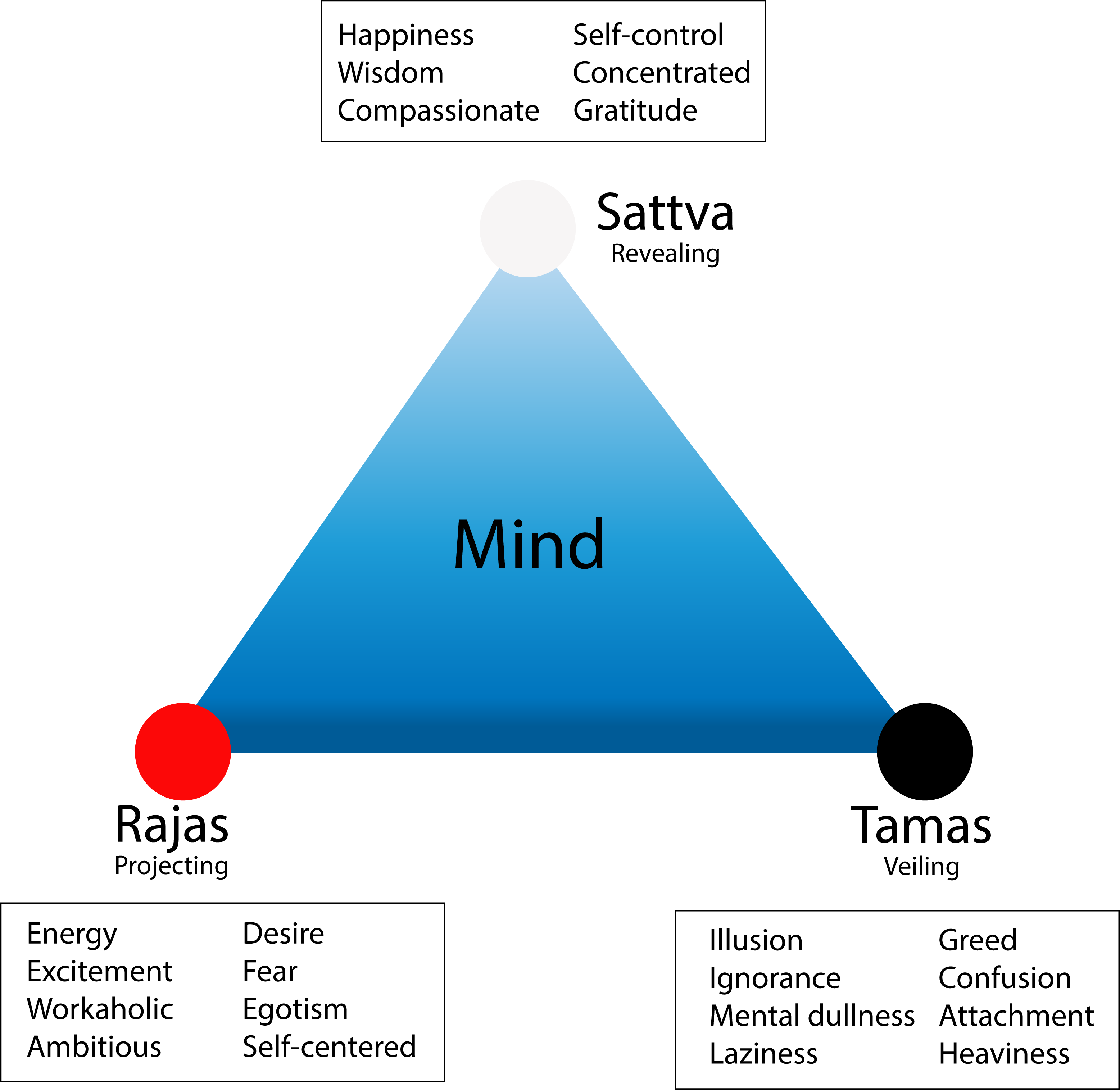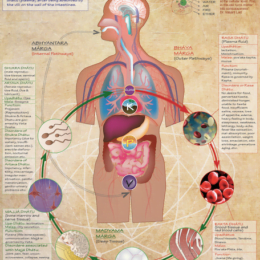
| Kostha Type | Symptoms |
|---|---|
| Krura (Hard bowels) | • Elimination predominantly affected by Vata (leading to dryness) • Results in dry, hard stools that are expelled with difficulty or strain • Elimination does not occur regularly or daily |
| Mrdu (Soft bowels) | • Elimination predominantly affected by Pitta (creating heat and moistness) • Results in soft, semi-solid or liquid stools that are easy or quick to expel • Elimination occurs more than once a day |
| Madhyama (Moderate bowels) | • Elimination predominantly affected by Kapha (creating heaviness and moistness) • Results in well-formed stools (neither too dry, nor too soft) that are moderately easy to expel • Elimination is regular and occurs daily |





